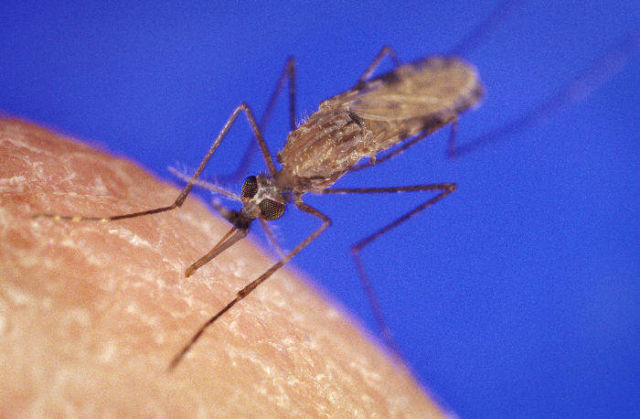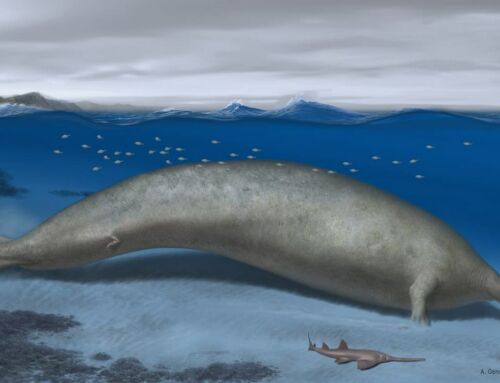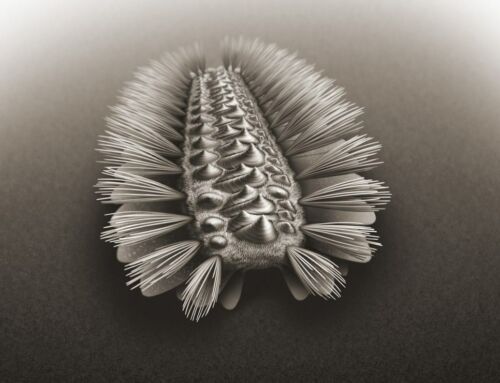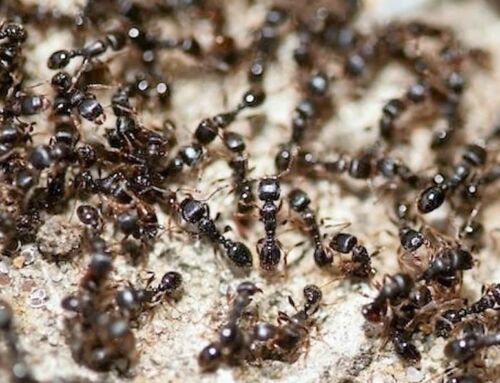A modification that creates more male offspring was able to eliminate populations of malaria mosquitoes in lab experiments.
A team led by Imperial College London spread a genetic modification that distorts the sex ratio through a population of caged Anopheles gambiae mosquitoes using ‘gene drive’ technology.
The team’s modification causes mosquitoes to produce more male offspring, eventually leading to no females being born and a total collapse in the population. This represents the first successful sex-distorter gene drive ever created, a goal for scientists as these modifications are expected to be extremely effective at controlling natural mosquito populations.
There were 228 million cases of malaria in 2018, and 405,000 deaths, with new interventions needed to move towards malaria eradication. There are around 3500 species of mosquito worldwide, of which only 40 related species can carry malaria. The team’s modification was applied to Anopheles gambiae mosquitoes, the main malaria vector in sub-Saharan Africa.
The hope is that Anopheles gambiae mosquitoes carrying a sex-distorter gene drive would be released in the future, spreading the male bias within local malaria-carrying mosquito populations and causing them to collapse.
As only females bite and take blood meals, only they can pass on malaria, so the modification could have a double effect by biasing the population towards fewer females even before the population collapses.
The lab-based experiments were performed with caged populations of mosquitoes, and more experiments are needed before the team consider releasing any modified mosquitoes in the wild. The results are published today in Nature Biotechnology.
Lead scientist Professor Andrea Crisanti, from the Department of Life Sciences at Imperial, said: “This study represents a key milestone in the long-sought objective to bias the progeny of the human malaria mosquito so that only non-biting males are produced. Having a proven driving sex-distorter opens a new avenue for scientists to develop genetic vector controls of malaria with the aim of eradicating the disease.”
Image: Anopheles gambiae mosquito. Credit wikimedia
source Imperial College London






Leave A Comment